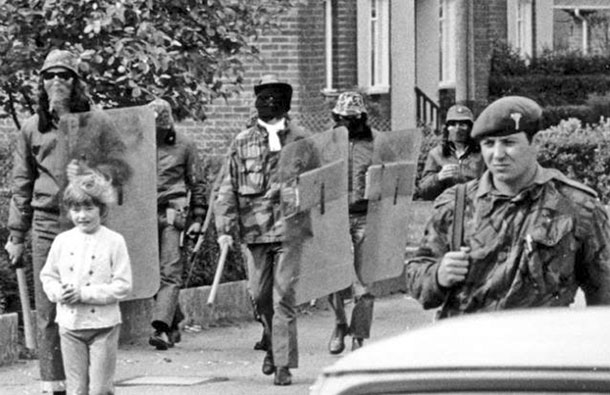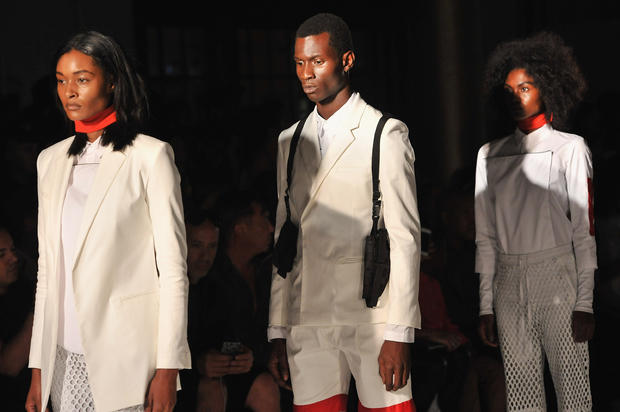


The Indonesian police report claims Mr Tabuni had a gun when he was shot and that he grabbed another weapon off one of the officers. I think it's all a scenario created by the security forces so they could shoot him. Usually, when the police make an official arrest they wear police uniforms and use police vehicles.īut they acted as if this was not an ordinary case, as if they were dealing with terrorists. They used an ordinary car and also a ute. "But they acted as if this was not an ordinary case, as if they were dealing with terrorists." Usually, when the police make an official arrest they wear police uniforms and use police vehicles," he said. "They used an ordinary car and also a ute. Gustaf Kawer, Mr Tabuni's lawyer, also believes Detachment 88 was involved. And when they brought him in, the people carrying him were wearing masks," he said. "I could tell just from the way they looked. The man says the police were from Detachment 88 based on their distinctive masks often worn in operation. "They brought him in and all they did was wash off the blood." 'No evidence' I didn't know what had happened and it was a shock," he said. "He was shot in the leg, he was shot but still tried to escape, then they shot him in the torso."īleeding heavily, Mr Tabuni was taken not to the nearby Catholic hospital, but to a police hospital at least 20 minutes away where another witness saw the authorities bring him in. "He ran along the taxi rank and tried to climb down into a gully, a drain, under the bridge. "He got free, he ran across the road, he ran about two metres alongside the taxi rank," one witness said. The witness said police opened fire on the activist as he ran down the road. "People say he had weapons and so on but I was often at his house and I never saw a pistol and nor did my friends."Īccording to eyewitnesses, after being approached by plain-clothed police in unmarked cars, Mr Tabuni attempted to flee. "His way of fighting back was by doing interviews and press conferences, it was gentle. People say he had weapons and so on but I was often at his house and I never saw a pistol and nor did my friends. His way of fighting back was by doing interviews and press conferences, it was gentle. "Even if people were angry, if he was being questioned by the police, they'd speak to him but he'd just laugh.Įven if people were angry, if he was being questioned by the police, they'd speak to him but he'd just laugh. If someone was angry, Mako wouldn't answer them," he said. 'Gentle way'īut KNBP's current leader, Victor Yeimo, say unlike OPM, KNBP is non-violent and instead pursues a political solution.
#FASHION POLICE WERE ALSO A DEATH SQUAD. FREE#
Mr Kwalik was a leader from the Free Papua Movement (OPM), a violent independence group with a record of attacking military and civilians, and Detachment 88 publically claimed responsibility. In December 2010, Detachment 88 killed militant Papuan activist Kelly Kwalik. They are ruthless, often killing suspects, and their anti-terrorism mandate is now creeping into other areas like policing West Papuan separatists. Trained in forensics, intelligence gathering, surveillance and law enforcement by officials from the US, the UK and Australia, they have played a crucial role in Indonesia's counter-terrorism efforts. The men who killed Mr Tabuni allegedly are part of Detachment 88, which was established in the wake of the Bali bombings. On June 14, popular independence leader Mako Tabuni was gunned down as he fled from police on a quiet street in the Papuan capital. The ABC's Hayden Cooper and Lisa Main went undercover in the restive Indonesian provinces to meet with many who say an Australian Government-funded anti-terrorist team is waging a bloody campaign against activists. Read the Indonesian Government's response to the 7.30 coverage here.The AFP were contacted by 7.30 and outlined their involvement with Detachment 88 - read here.The group, known as Detachment 88, receives training, supplies and extensive operational support from the Australian Federal Police.īut there is growing evidence the squad is involved in torture and extra-judicial killings as part of efforts by Indonesian authorities to crush the separatist movement in West Papua. An elite counter-terrorism unit trained and supplied by Australia is being accused of acting as a death squad in Indonesia's troubled West Papua region.


 0 kommentar(er)
0 kommentar(er)
